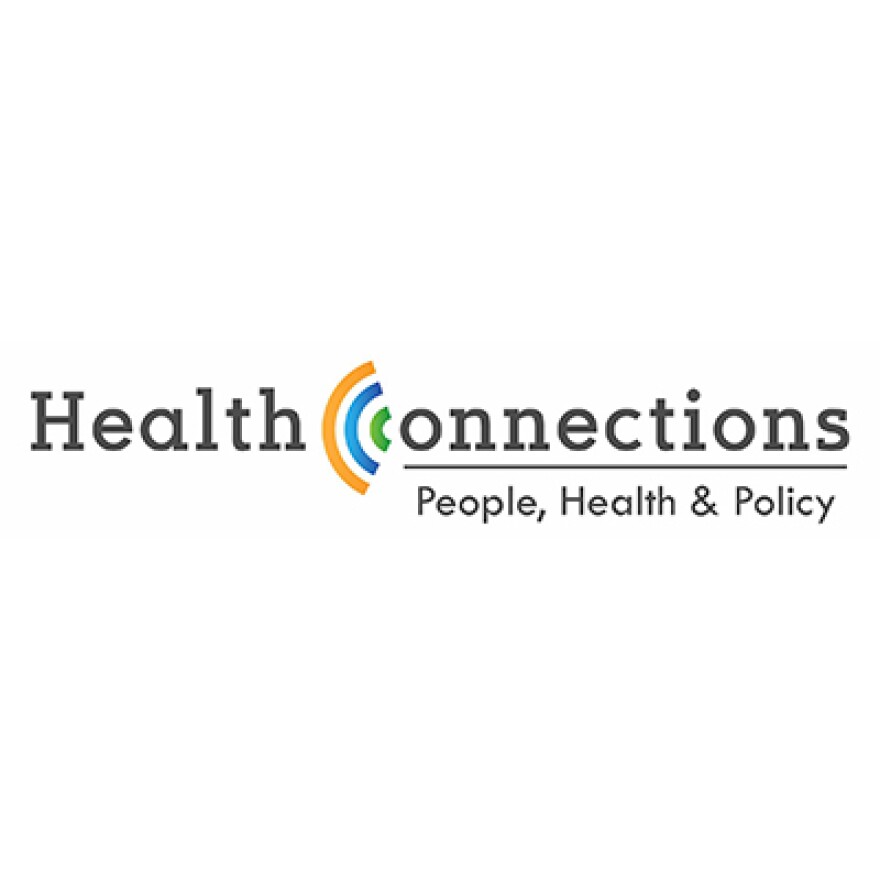WUOT’s Carole Myers: The National Institutes of Health, NIH, is experiencing significant funding cuts and changes in focus and priorities. Today, I'm joined by Dr. Andrew Ward, the lead nurse practitioner of the Division of Surgical Oncology at UT Medical Center, and an assistant research professor in the University of Tennessee College of Nursing, we were going to have a discussion of what the NIH changes mean for patients undergoing treatment and their family members. Welcome Andrew.
Andrew Ward: Thank you.
What do NIH changes mean for, let's say, patients with cancer, chronic diseases, diseases of aging and other conditions?
Well, right now, the changes are still ongoing, so we don't exactly know what changes will be. So there is some uncertainty, but what we do know is that funding will be reduced moving forward clinical trials, treatment of rare diseases, support for treatment around the country is going to diminish. Access to specialty clinics may become more difficult, or funding for those clinics may go away.
This must be really hard for people that are suffering from very serious illnesses to hear that we're pulling back from what we currently have, is that what I heard you say?
Absolutely, and especially diseases that may not be well represented or may not be very common, it was especially those rare diseases where this funding was critical.
What about- we hear so much around the fact that we're looking at disparities, and disparities has become a word that's a lightning rod for folks. Are people that have been disadvantaged when it comes to either prevention screening or treatment, should they be concerned about this?
Absolutely. A lot of research was looking at how to better screen individuals that were considered disadvantaged and disadvantaged is a broad definition, so that could be based on economics or even where you live.
What specific recommendations do you have for people that are facing the impact of these changes that are occurring at the NIH?
Be informed, be aware of what's going on, and don't be afraid to ask your providers of how it may impact you. You can always ask if there are opportunities available where you can participate in a research study, where you might be part of a clinical trial, if that's something appropriate for your condition.
And then we have the broader audience. You know, we have the patients, we have their families, who are deeply affected by these changes, but we also have our listeners. What can our listeners do in response to the NIH changes? Some of these changes are beginning to be implemented. Some are being discussed. Where can advocacy and other activities play a role?
We can always talk to our representatives and advocate for our position on these issues to be brought to Congress and to the Senate, and we can also talk to our providers, who can keep us informed, and can also advocate at their level in their professional organizations.
So let's try to bring this idea to life. Andrew, I know that you have a specific interest in cancer, the American Cancer Society is available. Are they a good resource?
Absolutely. And then, beyond just the American Cancer Society, there are societies for specific diseases. For example, the Melanoma Research Foundation is a great resource for those with melanoma.
This transcript has been lightly edited for content.




